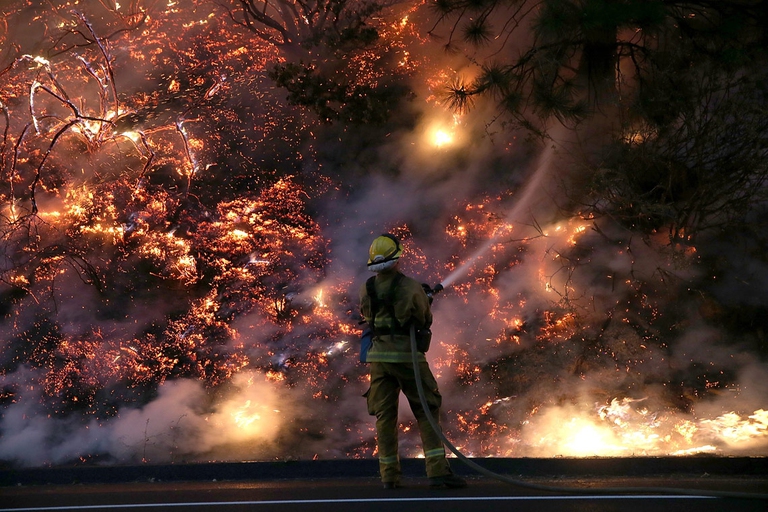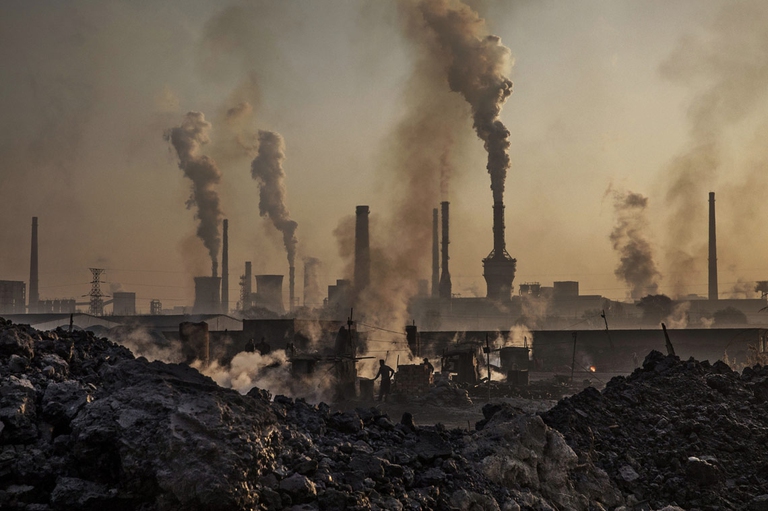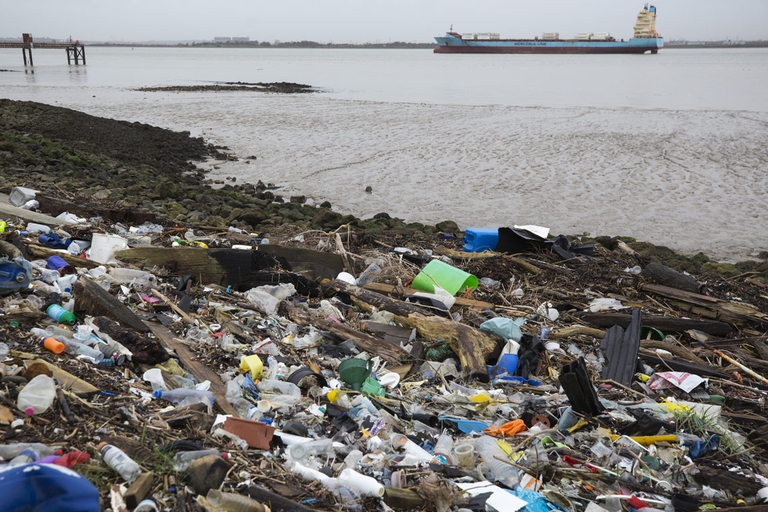
COP26 ended on Saturday 13th November, one day later than expected. Some positives and many negatives in the Glasgow Climate Pact, weakened by India’s last-minute change.
The Oxford English Dictionary has chosen “climate emergency” as 2019’s Word of the Year because of its effectiveness in communicating a sense of urgency in the fight against global warming.
According to the Oxford English Dictionary, climate emergency is defined as “a situation in which urgent action is required to reduce or halt climate change and avoid potentially irreversible environmental damage resulting from it”. The term has been declared Word of the Year, perfectly reflecting pressing global concerns about our climate.
The announcement on the Oxford Dictionaries website states that this title refers to a “word or expression shown through usage evidence to reflect the ethos, mood, or preoccupations of the passing year, and have lasting potential as a term of cultural significance”.
According to data collected by the Oxford English Corpus, a database containing billions of words in this language, the use of the term climate emergency increased by a factor of one hundred in a single year. It went from almost never being used to being among the most frequent.
Statistically speaking, this analysis demonstrates that the word “emergency” is being used in a new way, because up to 2018 it was barely ever associated with “climate“.
“When we were looking through the evidence, it was just clear that issues relating to the climate were running through all the different lexical items we were working with,” explains Katherine Connor Martin, editor at the Oxford English Dictionary (OED).
The commission in charge of choosing the word also considered other climate-related terms, such as climate crisis, climate action, climate denial, solastalgia, ecocide and extinction.
The fact that the climate emergency has received more attention in 2019 than perhaps ever before is indisputable. Since Swedish activist Greta Thunberg first inspired the student movement for the climate in August 2018, it has rightfully made its way onto the global stage.
The point, however, is also how it has been discussed. The OED’s choice, in fact, is the latest addition to a series of lexical changes that have occurred at different levels. The Collins English Dictionary chose climate strike as its word of 2019 for similar reasons, in particular related to an increase in its use.
It’s no accident that many media outlets have chosen to adopt a new lexicon in an attempt to better-represent the urgent need for concrete action to fight global warming. The Guardian, for example, has chosen to adopt the terms “climate emergency” and “climate crisis” instead of “climate change”.
When discussing communication in relation to the environment, our choice of words is extremely important. This issue is seemingly intangible and certainly complex, and often hard to communicate. For this reason, the language we choose to use reveals its importance.
Siamo anche su WhatsApp. Segui il canale ufficiale LifeGate per restare aggiornata, aggiornato sulle ultime notizie e sulle nostre attività.
![]()
Quest'opera è distribuita con Licenza Creative Commons Attribuzione - Non commerciale - Non opere derivate 4.0 Internazionale.
COP26 ended on Saturday 13th November, one day later than expected. Some positives and many negatives in the Glasgow Climate Pact, weakened by India’s last-minute change.
Governments made announcements, leaders spoke, decisions were made, civil society protested. This is what happened during the first week of COP26.
The Paris Climate Agreement requires us to move towards carbon neutrality, but what does reducing net greenhouse gas emissions to zero actually mean?
We must take advantage of opportunities for change to stop the climate crisis from becoming so serious that it drives us towards collective erasure.
The United Nations has launched a major international alliance for ocean science, undertaking a mission close to all our hearts.
Greta Thunberg asks leaders to do more for our climate in a podcast written during lockdown: the pandemic has taught us how to face a global emergency, she says.
The 26th edition of the United Nations Climate Change Conference, COP26, will be held in Glasgow, Scotland in November 2020. The pre-COP will take place in Milan, Italy.
A look at the 10 most important news stories of 2019 from the point of view of sustainability: to prepare for 2020, the first year of the “climate decade”.
Thanks to activists, the voice of the world’s peoples resounded through the COP25 like an alarm bell. Governments didn’t reach the results they demanded, but their cries and messages were stronger than ever, reaching even those who weren’t in Madrid.










